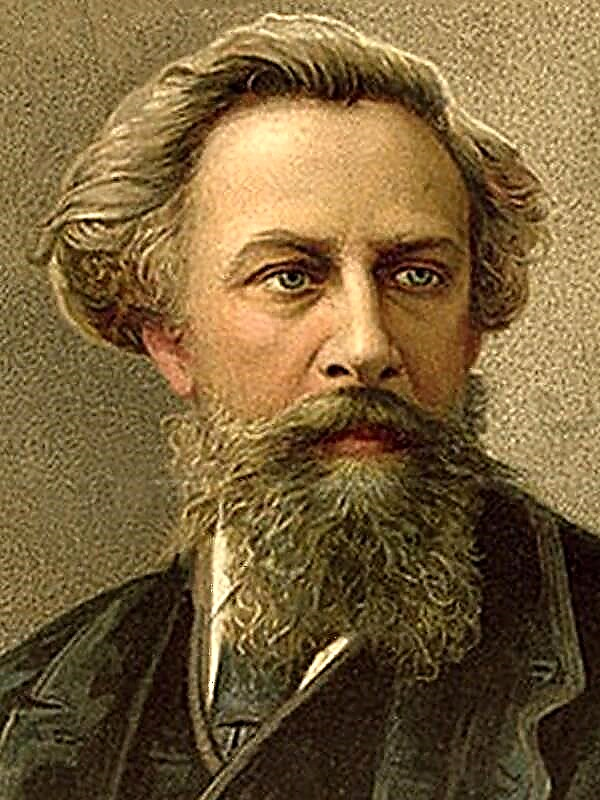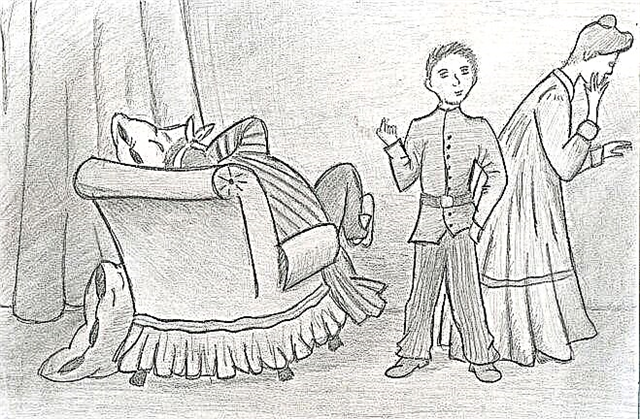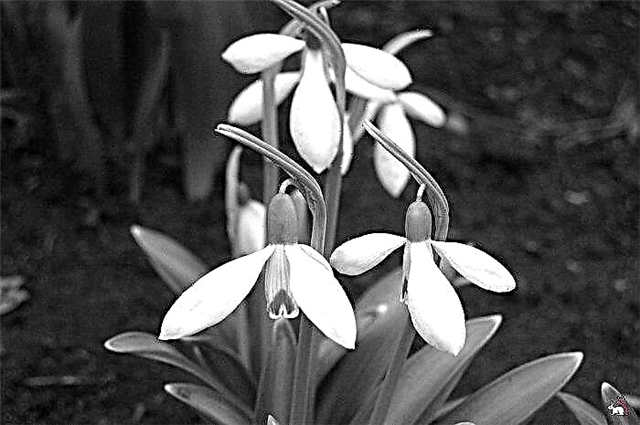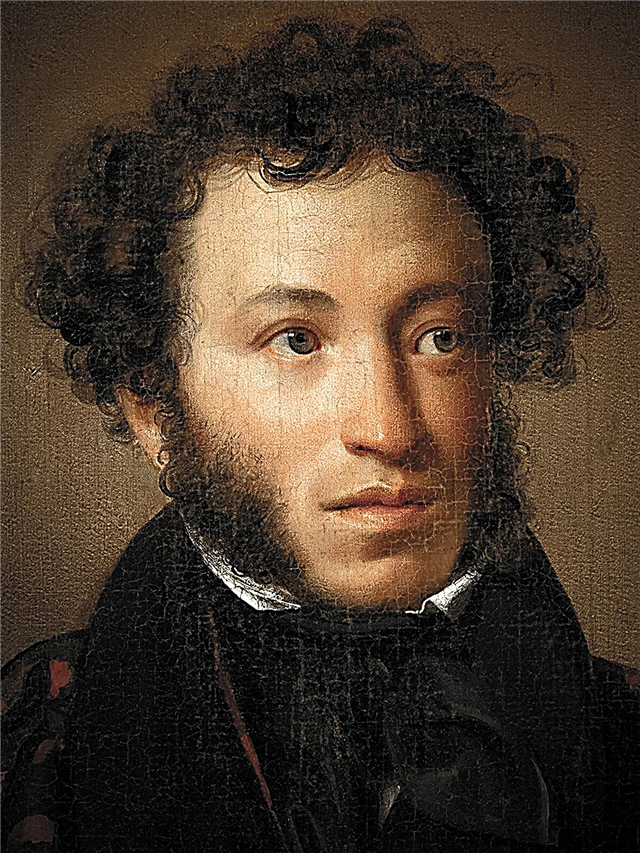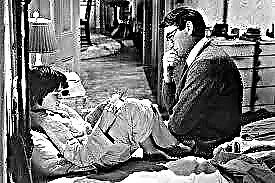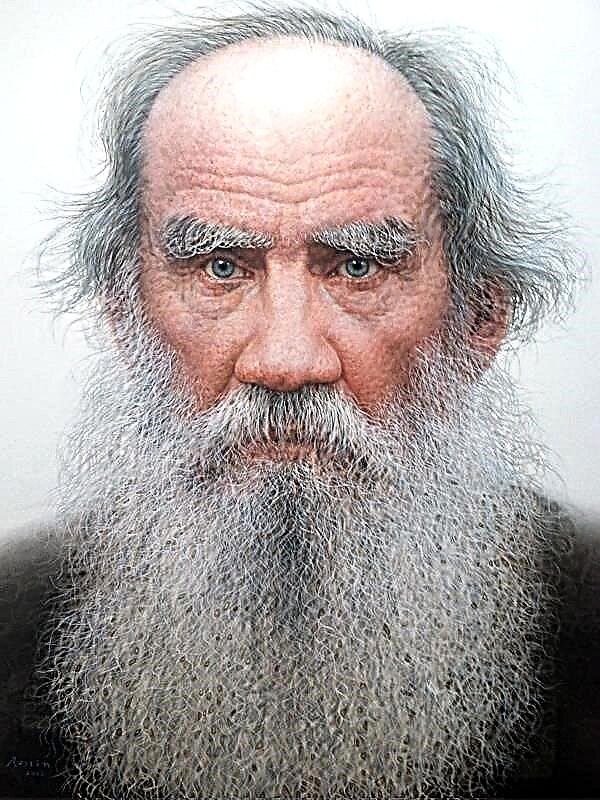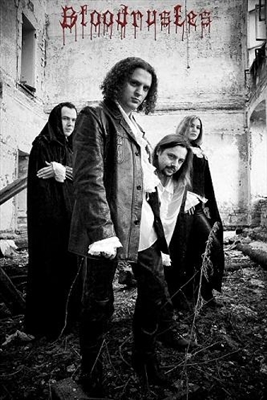Journalist Gilles Lantier, now thirty-five years old, is depressed. Almost every day, he wakes up at dawn, and his heart pounds with what he calls the fear of life. He has an attractive appearance, an interesting profession, he has achieved success, but he is gnawed by longing and hopeless despair. He lives in a three-room apartment with a beautiful Eloise working as a model, but he never had spiritual closeness with her, and now she has ceased to attract him even physically. During a party at his friend and colleague, Jean Gilles, going to wash his hands in the bathroom, suddenly felt inexplicable horror there at the sight of a small pink bar of soap. He holds out his hands to take it, and cannot, as if the soap had turned into some small nocturnal animal, lurking in the darkness and ready to crawl along his arm. So Gilles discovers that, most likely, he develops a mental illness.
Gilles works in the international department of the newspaper. Bloody events are taking place in the world, awakening a tickling sense of horror among his brothers, and not so long ago he would also willingly gasp with them, expressing his indignation, but now he experiences only frustration and annoyance from these events because they distract his attention from genuine, his own drama. Jean remarks that something is wrong with his friend, trying to somehow shake him, advises either to go on a vacation, or to go on a business trip, but to no avail, because Gilles dislikes any kind of activity. Over the past three months, he has practically stopped dating all friends and acquaintances. The doctor, whom Gilles contacted, prescribed a medicine just in case, but explained that the main cure for this disease is time, you just need to wait out the crisis, and most importantly, take a break. Eloise gives him the same advice, which a few years ago also had something similar. Gilles eventually hears all these tips and goes to rest with his older sister Odile, who lives in a village near Limoges.
When he lived there, without experiencing any improvement, for two weeks, his sister pulls him out to visit Limoges, and there Gilles meets Natalie Silvener. The red-haired and green-eyed beauty Natalie, the wife of a local judicial official, feels herself the queen of Limousin, that is, the historical region of France, the center of which is Limoges, and she wants to like the visiting Parisian, also a journalist. Moreover, she at first sight falls in love with him. But this time, heartbreaker Gilles does not have the slightest inclination for love adventures, and he flees. However, the next day, Natalie herself visits his sister. Between Gilles and Natalie, a love relationship is quickly established, in which the initiative constantly belongs to her. Gilles has the first signs of recovery and a revival of interest in life.
Meanwhile, in Paris, his newspaper vacated the place of the head of the editorial office, and Jean proposed the candidacy of Gilles, who therefore had to urgently return to the capital. Everything is working out perfectly, and Gilles is asserted in office. However, although he had long dreamed about this promotion, now this success does not worry him too much. For with his thoughts he is in Limoges. He realizes that he has seriously fallen in love, does not find a place for himself, constantly calls Natalie. And he explains the situation to Eloise, who, naturally, suffers severely from the need to part with Gilles. It takes only three days, and Gilles is already rushing to Limoges again. Vacation continues. Lovers spend a lot of time together. Once Gilles is at an evening organized by the Silverenes in their rich house, where, as the journalist’s experienced look notes, it was not the luxury that the Parisian could not surprise at all that suppressed, but the feeling of lasting prosperity. This evening, Gilles has a conversation with his brother Natalie, who frankly admits to him that he is desperate because he considers Gilles a weak, weak-willed egoist.
Natalie had previously expressed her willingness to abandon her husband and go after Gilles at least to the ends of the world, and this conversation pushes Gilles to more decisive actions, and he decides to take her to her as soon as possible. Finally, the vacation ends, Gilles leaves, and three days later - to keep up appearances - Natalie comes to him in Paris. It takes several months. Gilles is gradually being mastered with a new position. Natalie visits museums, theaters, visits the sights of the capital. Then he gets a job at a travel agency. Not so much because of money, but to make your life more meaningful. Everything seems to be going well, but the first crack appears in these respects. The editor-in-chief, who is the owner of the newspaper, who invited Gilles, Natalie and Jean to dinner, smugly quotes Champhor, claiming that these words belong to Stendhal. Natalie, a well-read woman and at the same time uncompromising, corrects him, which causes displeasure both for the boss and for the weak-character, inclined to adapt Gilles. In general, he is more and more in the grip of the contradictions tearing him apart. A conflict is ripening in his soul between love for Natalie, gratitude to her for her miraculous healing and longing for her former free life, a thirst for freedom, a desire to feel independent and communicate more with friends, as in former times.
Having gone on the occasion of her aunt’s illness and death to Limoges, where her husband persuades her to stay, Natalie burns all the bridges behind her and makes the final choice in favor of Gilles. A rash step, as it soon transpires. One morning, Gilles arrives at the editorial office shining: the night before he wrote a very good article about the events in Greece related to the coming of the “black colonels” to power. He reads it to Natalie, she admires this article, and Gilles senses an upsurge. This is very important for him, because for the last time he had something like a creative crisis. The article was praised by both the editor-in-chief and Jean. And after they released a newspaper issue that day. Gilles invites Jean to his home. They settle in the living room, drink Calvados, and here Gilles discovers an irresistible craving for psychoanalysis. He begins to explain to Jean that once Natalie helped him a lot, warmed him and brought him back to life, but that now her guardianship is strangling him, her imperiousness, straightforwardness and integrity are a burden to him. At the same time, he admits that he has nothing to reproach his girlfriend with, that he himself is more likely to blame, or rather, his sluggish, weak, unstable character. To this analysis, as the author notes. Housing should add that he cannot even imagine life without Natalie, but in a burst of pride and complacency, seeing the obvious sympathy of a friend and drinking companion, he relieves himself of this recognition. But in vain. Because here it suddenly turns out that Natalie at that moment was not at work at all, as they supposed, but nearby, in the bedroom, and she heard the whole conversation from beginning to end. True, going out to friends, she did not tell them that. She seems to be calm. Having exchanged two or three words with friends, she leaves the house. A few hours later it turns out that she didn’t go about business at all, but rented a room in one of the hotels and took a huge dose of sleeping pills there. She cannot be saved. In the hands of Gilles is her suicide note: “You have nothing to do with it, my dear. I was always a little exalted and loved no one but you. ”

